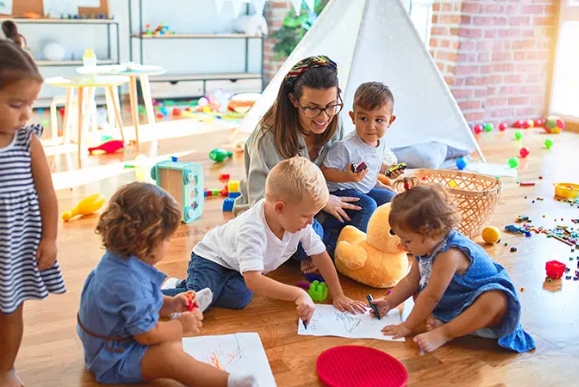Children are naturally drawn to play and explore their surroundings.
Associative play allows them to interact and cooperate with others, fostering social skills and teamwork.
In collaborative environments, children learn to communicate, compromise, and problem solve together.
Playing with others helps children build relationships, develop empathy, and appreciate diversity.
Collaborative play also enhances cognitive skills such as creativity, critical thinking, and decision-making.
Through associative play, children develop a sense of belonging and community, boosting their self-esteem and confidence.
In conclusion, the power of associative play lies in its ability to nurture social, emotional, and cognitive development in children.

